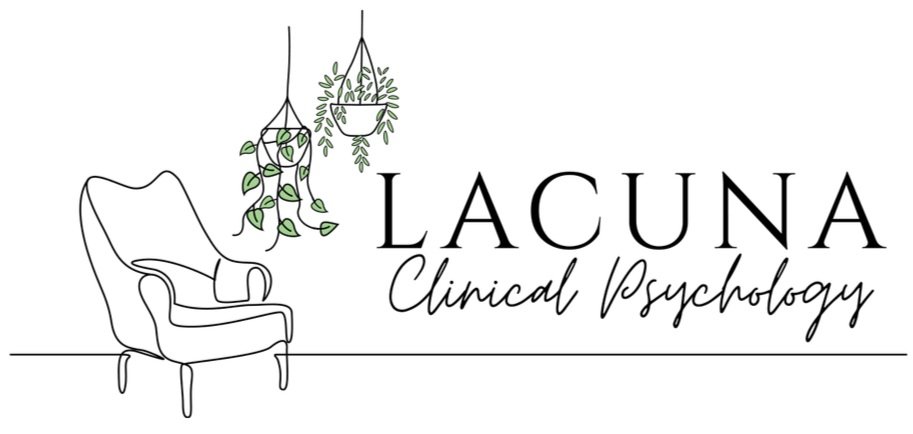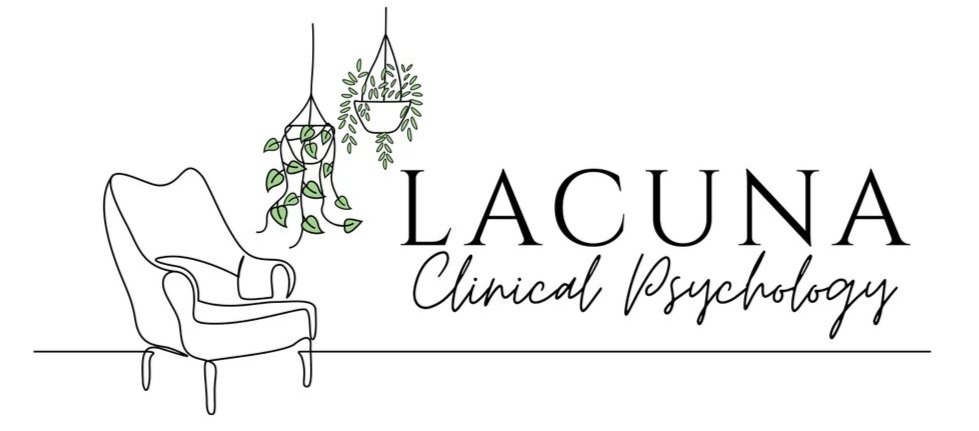Advanced Clinical Supervision
Supervision for Provisional Psychologists
Supervision for Clincial Psychology Registrars
Video Based Supervision
The real supervisor is the patient. We can not learn to be effective in psychotherapy without learning to listen to the patient. Video based review will help you learn to listen to aspects of the transference and build capacity to use your countertransference to understand more deeply and intervene more effectively.
Learn to Listen
If you are a therapist you likely skilled in active listening. However we all know that thearpy is more complex than only listening to manifest content. Supervision at Lacuna will help you to listen for latent content, internal conflict, defense, transference and countertransference. When we learn to listen from multiple perspectives we advance our ability to understand our patient and intervene in the most effective manner possible.
Improved Emotional Capacity
Psychotherapy is difficult intellectual and emotional work. Supervision focused on improving your skills and understanding will be anxiety provoking and emotional. Whenever our old ideas are challenged or we are willing to seek out constructive feedback on our work we will have our own emotions and anxiety about the process of change in ourself. This emotional work through supervision will help you build a capacity and empathy for change in your patients. Moreover, supervision provides an opportunity to uncover and build capacity to tasks of therapy or types of patients that trigger your own emotional reactions. This process will help you to be emotionally comfortable with those clients you find difficult, it will help you to be emotionally calm when your patients are in distress or are provocative. Supervision and providing therapy have the ability to help you build emotional attunement in your life and within yourself as well.
Supervision for Experienced Clinical Psychologists
Learn Advanced Clinical Thinking
Effective therapy requires a deep understanding of theory. Supervision will help you to formulate hypotheses based on concepts that link to psychological theory, and then to test those hypotheses immediately with your patient. We all have assumptions and layman models of understanding human behaviour, learning to think clinically and test our hypotheses will help us avoid incorrect assumptions that can lead therapy off track.
Learn to apply advanced concepts
Postgraduate training in psychology often glosses over or avoids advanced concepts such as transference, countertransference and superego pathology. Supervision at Lacuna will help you to understand transference processes that often keep therapy stuck. Have you ever wondered why your patient attends therapy but states they have no problem, do you ever wonder why some patients avoid eye contact when talking about their emotions, do you ever wonder why some patients believe you are being judgemental or critical, and possibly even exit therapy due to a misunderstanding.
Deliberate practice for skill development
Skill development through deliberate practice helps to make certain types of conversations automatic. When our intervention skills are automatic it frees up our working memory for other tasks, like advanced clinical thinking. Evidence is clear that deliberate practice is an effective form tool in therapist improvement. The beauty of deliberate practice is that it works at all level of skills because the skills practiced can be chosen based on therapist need.

